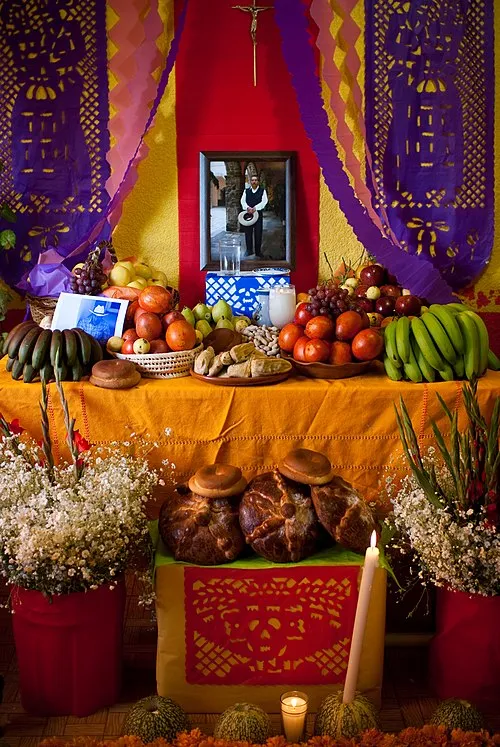
All Saints' Day: A Holy Day of Obligation and Its Significance
All Saints' Day, or Feast of All Saints, is celebrated on November 1 each year in honor of all the saints in Christianity, known and unknown. This holy day holds deep religious significance for many Christians worldwide, especially in countries with a strong Catholic heritage. While it is a holy day of obligation in some regions, for others, it is observed as a national holiday, highlighting its cultural importance.
History and Origin
The origins of All Saints' Day trace back to the early Christian church, with the day being established to commemorate the martyrs who lost their lives for their faith. The celebration on November 1 was significantly influenced by Pope Gregory III in the 8th century when he dedicated a chapel in St. Peter's Basilica to all saints. Over time, this observance evolved into a day to honor all saints, not just martyrs.
Significance of All Saints' Day
All Saints' Day serves several important purposes within the Christian community:
- Remembrance: It allows the faithful to remember and celebrate the lives of saints who have contributed to the Christian faith.
- Spiritual Renewal: This day is a reminder of the pursuit of holiness and the call to live a life of virtue, inspired by the examples of saints.
- Community and Unity: All Saints' Day fosters a sense of community among believers as they gather for Mass and other communal activities.
Cultural Observances
In many historically Catholic countries, November 1 is often a public holiday, with festivities and traditions varying by region:
- Mexico: Known as Día de los Muertos (Day of the Dead), families honor their deceased loved ones with altars, offerings, and celebrations that blend indigenous traditions with Catholic beliefs.
- Spain: In Spain, it is common for families to visit cemeteries to honor deceased relatives, often bringing flowers and decorating graves.
- Italy: Italians celebrate All Saints' Day with family gatherings, often enjoying traditional meals and pastries.
- Philippines: Families in the Philippines commonly visit cemeteries, where they clean graves and offer prayers and flowers to their departed.
All Saints' Day and Christian Beliefs
All Saints' Day emphasizes the Church’s belief in the communion of saints, a key doctrine in Catholic theology. This teaches that all Christians – living and dead – form a single community united in faith. Believers are encouraged to seek intercession from saints, as they are seen as advocates before God.
Conclusion
All Saints' Day is much more than a day in the calendar; it symbolizes a profound connection to the faith, community, and history of Christianity. Whether celebrated as a holy day of obligation, a national holiday, or through personal observance, it invites individuals to reflect on their faith and honor the legacy of the saints. As November 1 approaches, communities around the world gather in remembrance, gratitude, and solidarity, reinforcing the essence of their shared faith.






